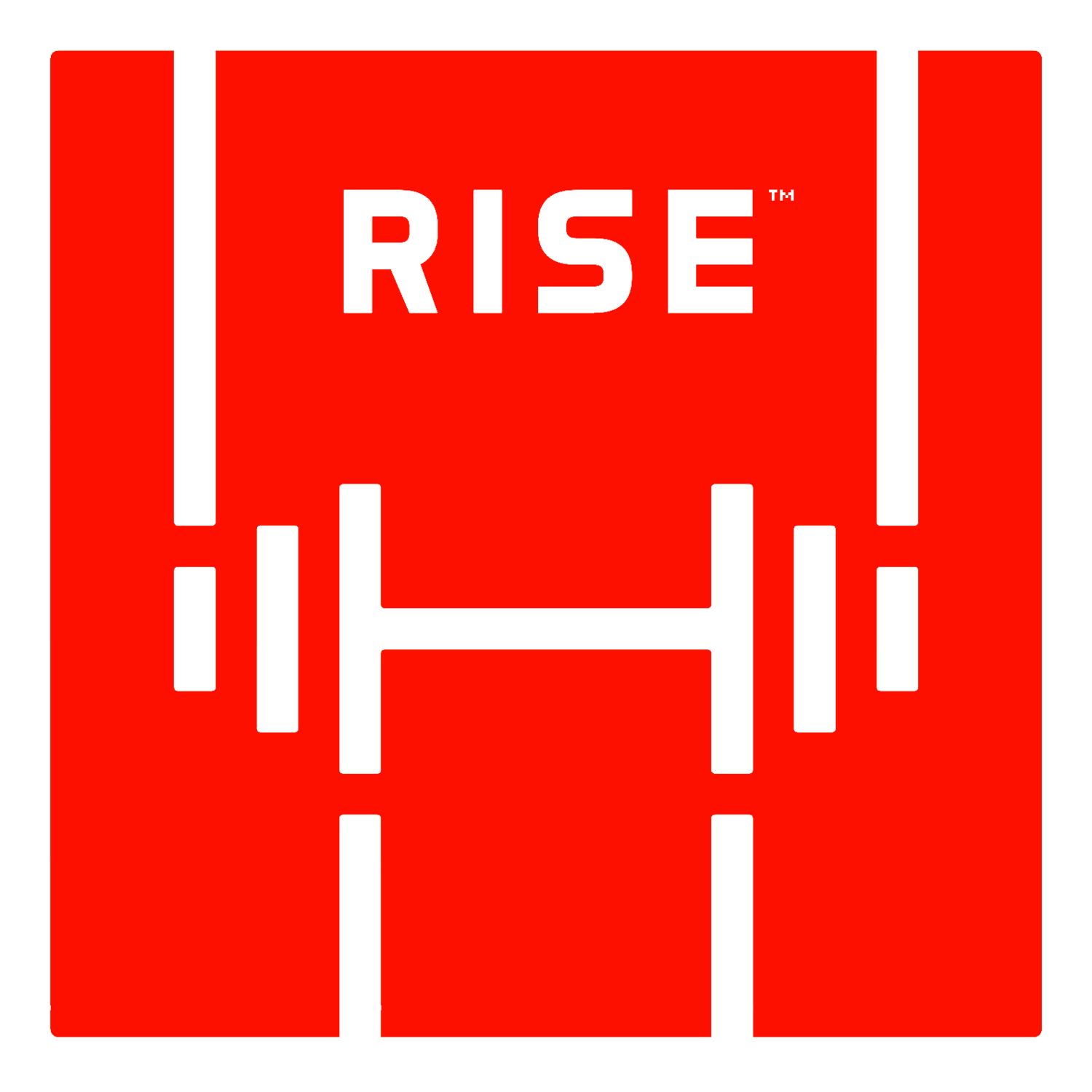Companies that want to go electric have battery strategies, and broadly speaking, they have electrification strategies.
But, what's their actuation strategy?
If it's based on screws, then they're going to discover they are quite limited, or they already have.
There's really no widely recognized alternative to hydraulic cylinder power.
The answer to this really big problem is not incremental innovation; it's a breakthrough.
It's something totally new and advanced. It’s RISE™Technology.
What we've done is make the format familiar by putting the technology inside a cylinder, but it's fluid-free.
RISE™Cylinder instead uses a breakthrough material that has already disrupted the elevator industry. We figured out how to use similar belts in a new way and patented two methods of use.
The result is something that looks like a hydraulic cylinder and behaves like a hydraulic cylinder, but it's more efficient, more precise, lighter, fluid-free, and fits nicely.
This is the electrification strategy that innovators are looking for.
Today, it's in the early R&D phase with only one commercial production project so far, our partnership with Anthony Liftgates.
Anthony Liftgates is the most innovative company in liftgates and they have put RISE™Technology into their liftgates in order to solve dead battery problems due to no idling laws.
With Anthony Liftgates, we've gone to production and are in the early phases where we're conducting field trials and gathering information.
The second thing we’ve announced is our collaboration with Danfoss. With Danfoss, we're going to prove a new application and scale RISE™Technology.
We're both getting to know each other and we're going to bring this to market together-it's going to be RISE™ and Danfoss doing it for an industry.
RISE™ is concluding their first experience at bauma with the most innovative collaboration partners.
We came to accelerate our path to market and to scale. We are going home with partners who want a different and defensible advantage for their actuation strategy and for their electrification initiatives.
It's not for everybody. Some companies are going to get left behind.
Larger companies are used to things coming out of a university after 10 or 20, or 30 years and lots of grants.
RISE™ is different in the sense that we invented something from nothing, and we're blitzing straight to commercial. This is not going to languish in a lab for a decade and then finally get out.
What that means is that some companies want us to be a little farther than we are. But, in order to get there, we're going to be partnering with their competitors.
The paradox is that only the most forward-looking R&D partners are going to be able to tolerate this challenge.

